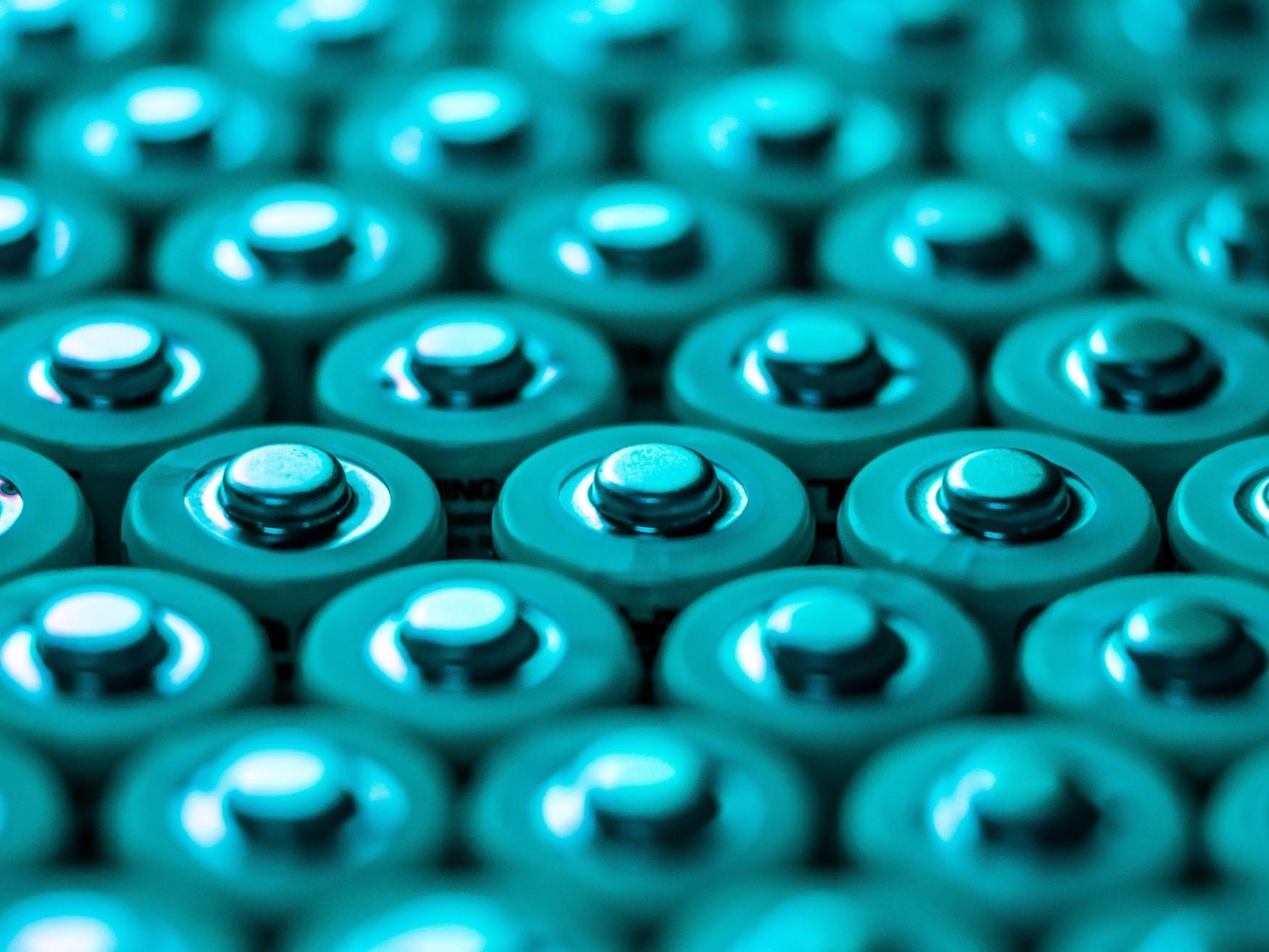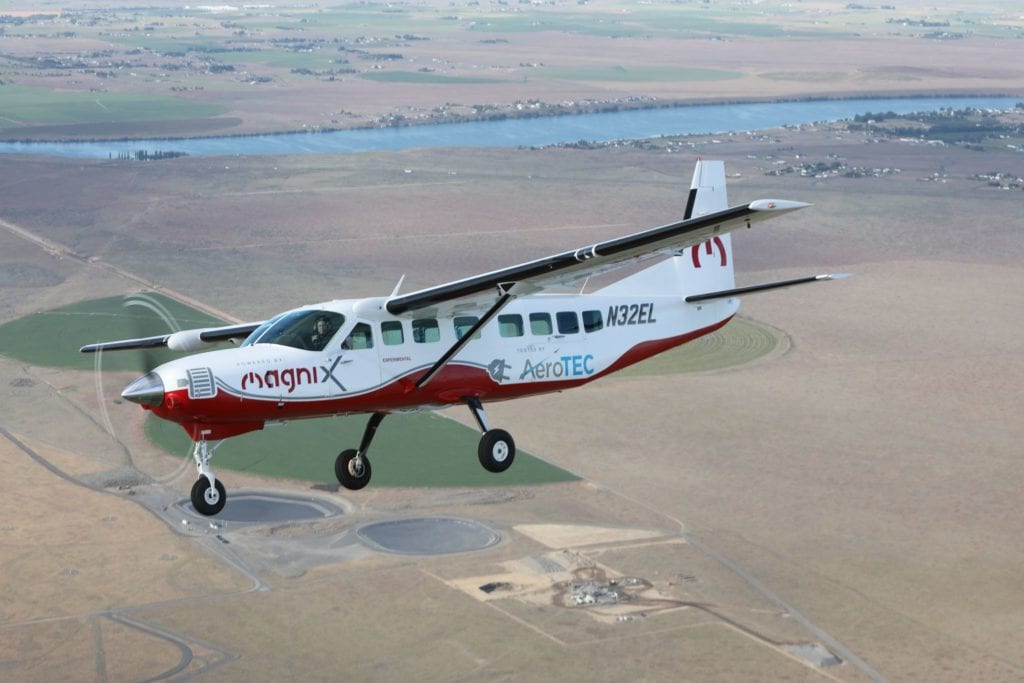Battery breakthrough makes lithium-ion tech 90% cheaper – and manufacturing is easy as 'buttering toast'
APB's battery could be a turning point for both storage and electric vehicle applications, analyst says

Your support helps us to tell the story
From reproductive rights to climate change to Big Tech, The Independent is on the ground when the story is developing. Whether it's investigating the financials of Elon Musk's pro-Trump PAC or producing our latest documentary, 'The A Word', which shines a light on the American women fighting for reproductive rights, we know how important it is to parse out the facts from the messaging.
At such a critical moment in US history, we need reporters on the ground. Your donation allows us to keep sending journalists to speak to both sides of the story.
The Independent is trusted by Americans across the entire political spectrum. And unlike many other quality news outlets, we choose not to lock Americans out of our reporting and analysis with paywalls. We believe quality journalism should be available to everyone, paid for by those who can afford it.
Your support makes all the difference.A battery pioneer has invented a new kind of battery that is 90 per cent cheaper to produce than standard lithium-ion batteries, and potentially much safer.
Hideaki Horie – who has worked on battery technology since 1990 and led Nissan’s development of the Leaf electric car – discovered a way to replace the batteries basic components in order to speed up and simplify the manufacturing process.
“The problem with making lithium batteries now is that it’s device manufacturing, like semiconductors,” Mr Horie told The Japan Times. “Our goal is to make it more like steel production.”
Manufacturing the new batteries is significantly simplified by replacing the metal-lined electrodes and liquid electrolytes typically found within lithium-ion units with a resin construction.
Mr Horie said the new construction method used by his Tokyo-based company APB Corp is as easy as “buttering toast”.
Lithium-ion batteries are used in everything from smartphones to electric cars, having first been commercialised nearly three decades ago by Sony.
Their functionality and usage has since come a long way and in 2019 the trio of scientists credited with their development were awarded the Nobel Prize in Chemistry.
Nobel committee member Sara Snogerup Linse said lithium-ion batteries had granted access to “a technical revolution”.
The latest commercial potential for the technology is within electric planes, though the current energy density of lithium-ion batteries is roughly 2 per cent that of kerosene jet fuel.
The largest electric plane to have flown to date is a modified nine-seater Cessna, which achieved a 30 minute flight earlier this year.

Larger passenger jets are already under development, with budget airline EasyJet recently partnering with electric plane startup Wright Electric to build a prototype.
One of the key issues surrounding high-powered lithium-ion batteries is safety, having caused fires in Samsung smartphones and crashed Tesla cars in recent years.
“Because of the many incidents, safety has been at the top of minds in the industry,” said Mitalee Gupta, a senior analyst for energy storage at Wood Mackenzie.
“[APB’s battery] could be a breakthrough for both storage and electric vehicle applications, provided that the company is able to scale up pretty quickly.”
Earlier this year, APB raised 8 billion yen (£59m) to equip a factory for mass production, which is scheduled to begin next year.
Join our commenting forum
Join thought-provoking conversations, follow other Independent readers and see their replies
Comments